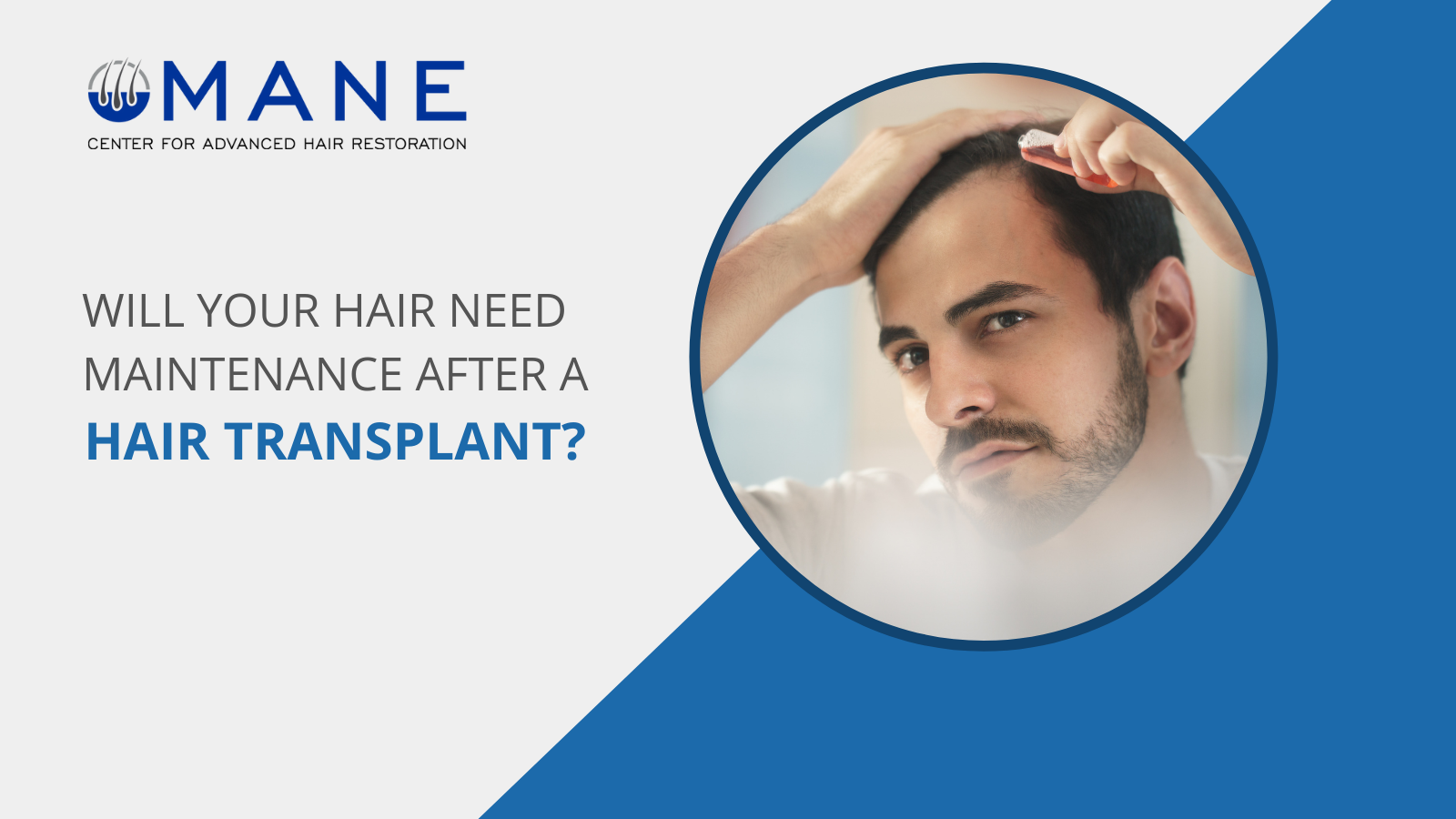Getting a hair transplant is a life-changing decision. If you are considering getting a hair transplant, chances are you have put a lot of thought, research, and investment into it. To ensure you have made the right decision and get the optimum results after your hair transplant procedure, it is crucial to follow all the after-care guidelines given by your surgeon. Taking good after-care measures will speed up the healing process and yield natural-looking and long-lasting results. If you are wondering how to be best prepared and how to maintain your hair after a hair transplant, the following questions and answers may help.
Is it normal to have an itchy scalp after a hair transplant?
Yes, having an itchy scalp is very common following a hair transplant procedure and could persist for a couple of weeks or even months. The itching typically starts within a week after the hair transplant and is a part of the healing process. Patients usually experience itching when the newly implanted follicles are healing and begin to scab, and again when new hair starts growing. Avoid scratching your scalp when it itches to prevent any bleeding and infection. You may spray saline water on the scalp to clean. If the itching is severe, you may use topical creams, antihistamines, or shampoos prescribed by your surgeon.
Is scalp redness after a hair transplant normal?
Following a hair transplant, it is very common to have scalp redness. Swelling and inflammation on the scalp as it heals are normal. You will also notice scabbing around the incisions made while implanting the new hair follicles. These scabs typically fall off within a couple of weeks after your surgery. Due to the scabbing and the inflammation, it is normal to expect redness or pinkness of the scalp.
How long does the scalp redness last?
Scalp redness post-surgery varies from individual to individual, depending on the skin tone and sensitivity of the patient. For patients with sensitive skin or a fairer skin tone, the redness may be more evident and long-lasting as compared to patients with a darker skin tone. Scalp redness typically subsides within 2 to 3 weeks after surgery. However, for patients with sensitive skin or those who have had extensive procedures, the redness may take a couple of months to subside fully.
What is the best way to reduce scalp redness after a hair transplant surgery?
To reduce scalp redness and inflammation after a hair transplant, these are few tips that work:
- Avoid rubbing your scalp and never pick at your scabs
- Eat a healthy diet with minimal salt content
- Avoid smoking and drinking alcohol
- Apply a cold compress or ice packs as advised by your surgeon
- Shield your scalp from exposure to sunlight. You can do this by wearing a comfortable hat when you go out in the sun
- Keep your head elevated to reduce morning swelling. You can try sleeping on a recliner
- Avoid showering with hot water
- Ensure you follow all after-care instructions properly
What are the non-surgical alternatives to a hair transplant?
While hair transplants are recommended for long-lasting results, there are a few non-surgical options as well that you can consider, depending on the severity of your hair loss. Some non-invasive hair restoration techniques include platelet-rich plasma (PRP) therapy, laser therapy, pharmaceutical-grade shampoos, exosome injections, topical treatments, etc. Our experts at the Mane Center for Advanced Hair Restoration can offer you detailed guidance regarding these treatment options.
Visit us at the Mane Center for Advanced Hair Restoration if you are searching for the
best hair transplant clinic in your region. Our team consists of some of the
best hair surgeons onboard to provide you with the best treatment options to cure your hair loss.


